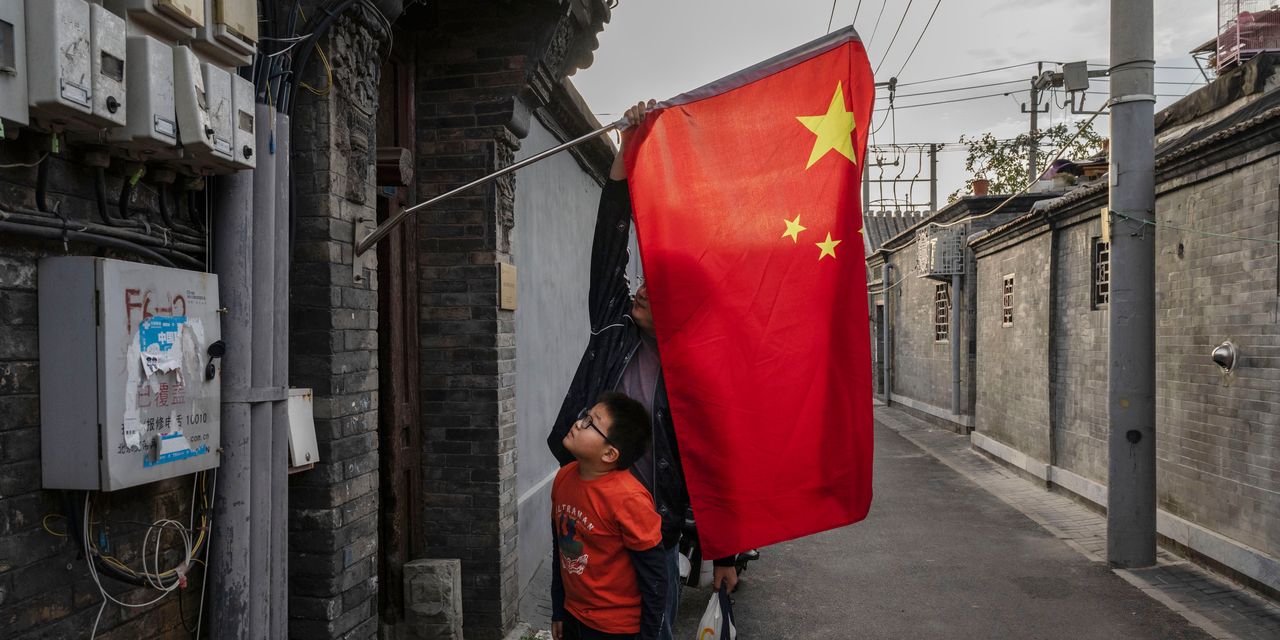Citadel founder Ken Griffin said on Tuesday that an investor has to be invested in China, which comes on the same day the International Monetary Fund upgraded its growth outlook for the country.
Speaking at the Hong Kong Monetary Authority’s global financial leaders summit, Griffin said an investor could have been served for 100 years only investing in U.S. companies, but no longer.
“The world’s changed. There’s much more innovation outside of the United States relative to 50 years ago,” said Griffin. “The management teams in China are extraordinarily capable, they produce extreme competitive products on the global stage,” he said, noting solar companies and electric vehicle makers in particular.
Griffin’s view is not universally shared. Legendary investor George Soros, for example, eschews Chinese companies, noting the country’s crackdown on them. Soros also has said investing in China helps prop up the regime of Xi Jinping, who he has sharply criticized.
Meanwhile, the IMF lifted its view on China’s growth for this as well as for next year by 0.4 percentage points, taking its GDP view for 2023 to 5.4% growth and its 2024 GDP view to 4.6% growth.
“The authorities have introduced numerous welcome measures to support the property market, but more is needed to secure a quicker recovery and lower economic costs during the transition. A comprehensive policy package should include measures to accelerate exit of nonviable property developers, remove impediments to housing price adjustment, allocate additional central government funding for housing completion, and assist viable developers to repair balance sheets and adapt to a smaller property market,” said a statement from the IMF’s first managing director, Gita Gopinath.
The Chinese stock market has underperformed rivals this year on concerns about the property sector and the country’s slow rebound from COVID-19. The Shanghai Composite
CN:SHCOMP
has declined 1% this year, and the Hang Seng
HK:HSI
has dropped 10%.
Read the full article here








